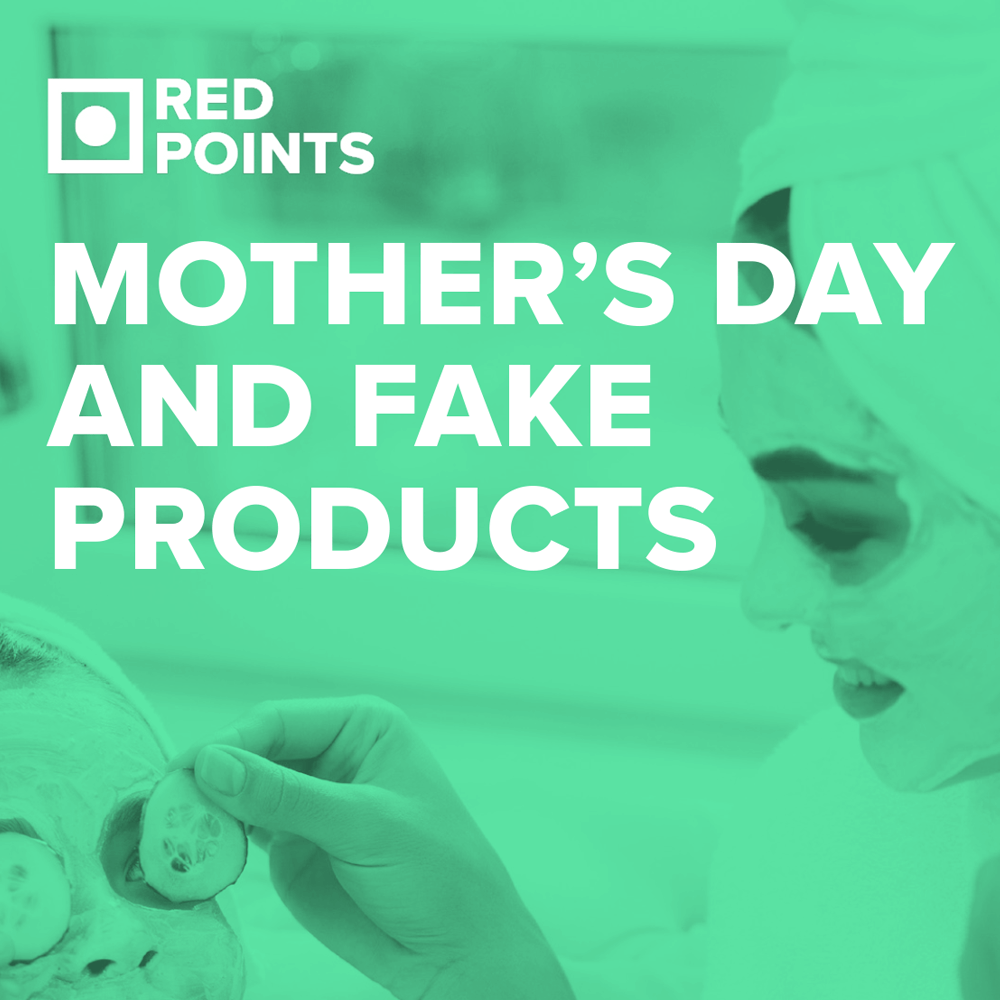9th May 2019 – Brand protection solution provider Red Points said shoppers turn to fakes due to costs.
In news that doesn’t bode well for brands looking to protect their intellectual property, brand protection solution provider Red Points surveyed shoppers and found that more than 37 percent of respondents “who accidentally purchased a fake gift are still satisfied with their item(s).”
Researchers at the firm also said Generation Z and Millennials were most satisfied with their accidentally purchased fakes. Respondents between the ages of 18 and 29 are “the most satisfied with their fakes, with 42 percent claiming to be satisfied after accidentally purchasing a counterfeit, compared to 35 percent of 30- to 44-year-olds, and 30 percent of 45- to 60-year-olds,” Red Points said in the report.
And with Mother’s Day coming up this weekend in the U.S., 20 percent of consumers polled admitted buying a counterfeit gift for the holiday. Eighty-four percent of all shoppers polled “who accidentally purchased a fake item for Mother’s Day are hesitant to purchase from the authentic brand again in the future,” authors of the report said.
Other notable insights include that more than 77 percent of all shoppers surveyed “who intentionally purchased a counterfeit gift would purchase an authentic item over the fake if it was for themselves.” Meanwhile, more than 65 percent of shoppers who intentionally buy fakes said they did it because the items were cheaper.
When asked why so many shoppers fall victim to buying fakes, Laura Urquizu, chief executive officer of Red Points, said counterfeits are “increasingly becoming harder to spot and in many cases, shoppers might not even be aware that they purchased a fake. Additionally, we find that there is often a lack of awareness from shoppers on how to effectively spot a fake, especially when shopping online.”
Urquizu explained that in a recent study on how consumers assess the “trustworthiness of online” offerings, “we found that star ratings and reviews represent the second-most important indicator for shoppers, behind only product price, despite how easily these can be manipulated.”
“This trend is shown to be consistent among consumers of a number of different product sectors, including cosmetics, outdoor apparel and more,” the ceo said. “Consumer education can be wielded to great effect to help people understand the scale of the issue and what they need to look out for when shopping online.”
Red Points researchers found that out of the 20 percent of the survey respondents “who admitted to having bought a fake product for their mothers, half did so accidentally.”
“This comes as a clear warning that brands need to do more to proactively monitor and defend themselves from IP infringers or else they risk missing out on sales,” Urquizu said.
Read the full article in WWD.



